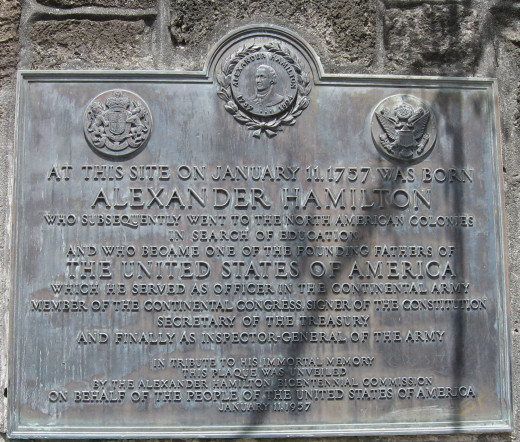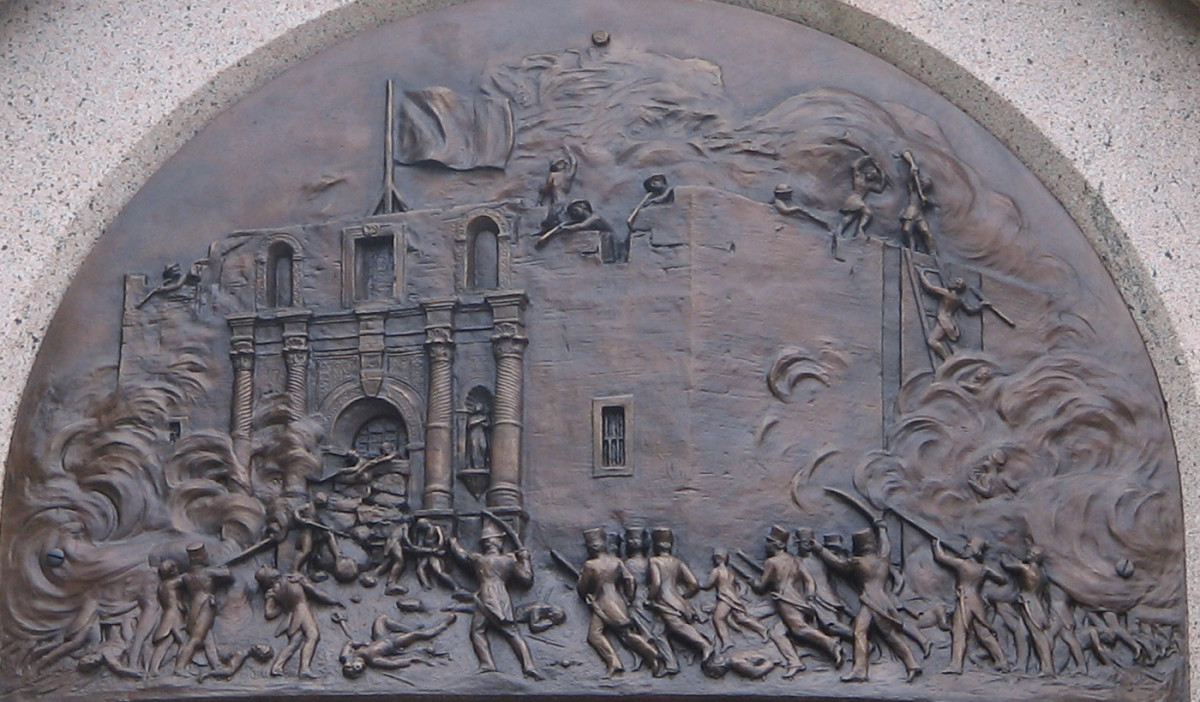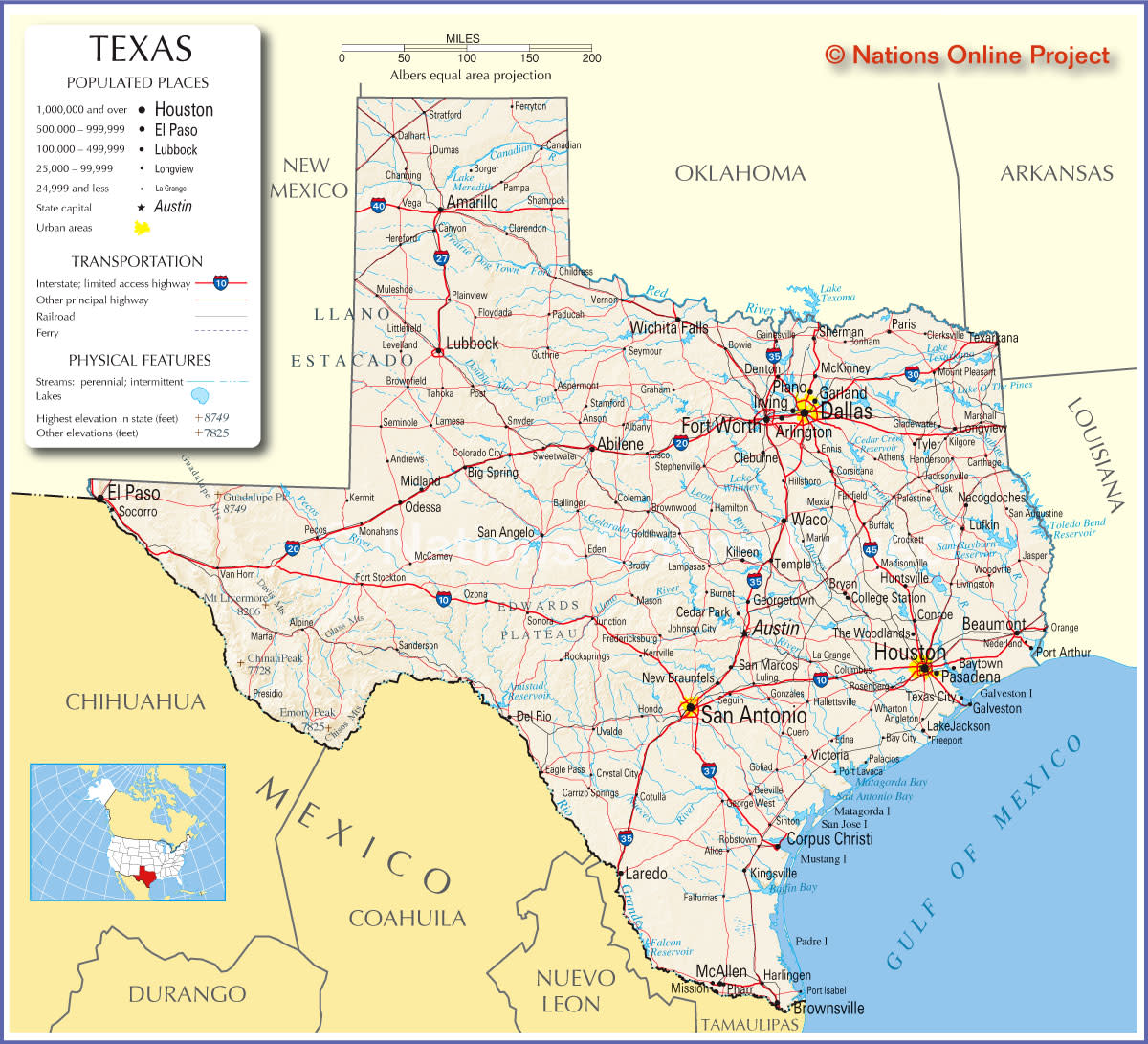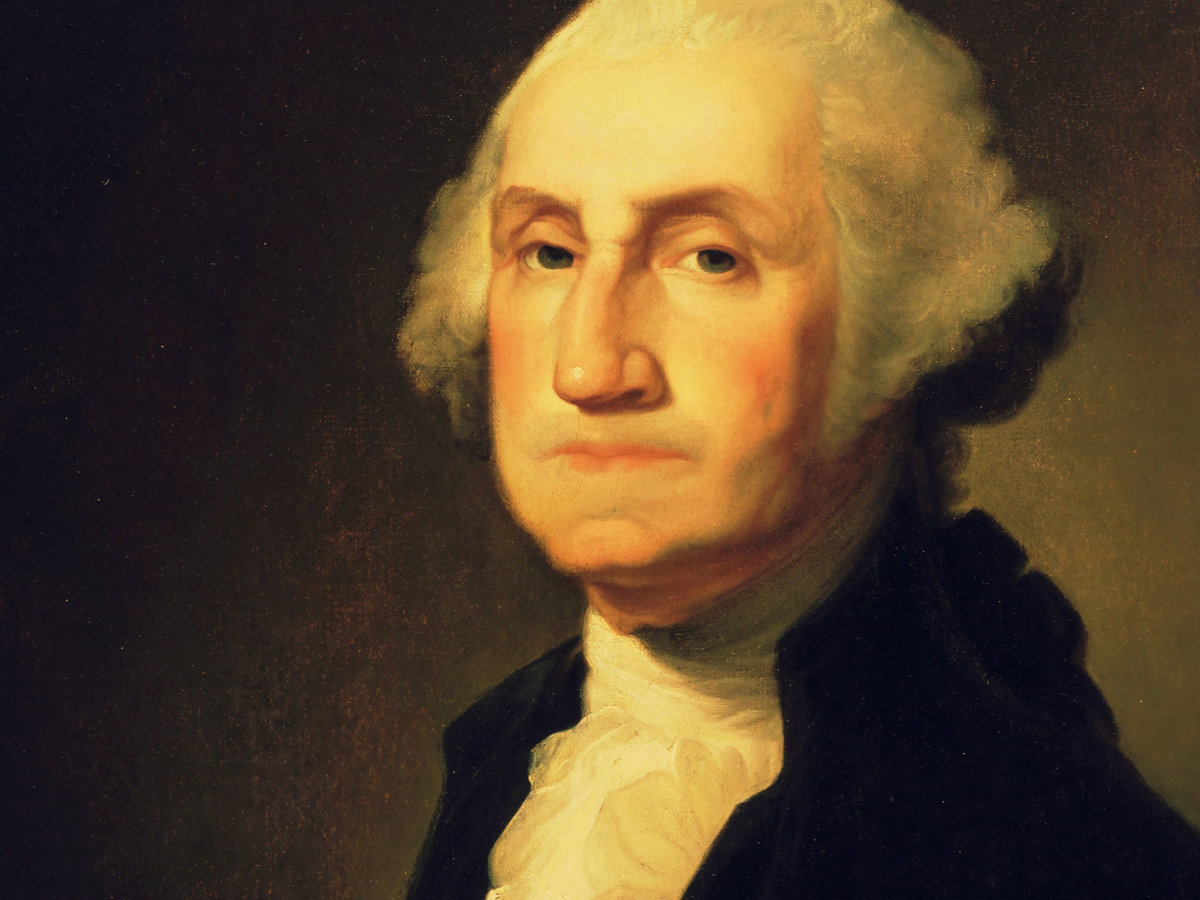Dueling in the Republic of Texas

History that you probably did not know
After the famous duel, Aaron Burr was in contact with Baron de Bastrop in the Tejas region of New Spain. Burr planned on taking an armed settlement expedition to the area. Prior to reaching what is now Texas, he was ambushed by General James Wilkinson, who made wild accusations about Burr and arrested him on charges of treason. Wilkinson claimed that Burr was attempting to incite a war with Mexico. Wilkinson was no stranger to making accusations. He had also been involved in attempting to incite a mutiny against General George Washington during the secession of the American States from Britain. Wilkinson was also later found out to be an agent in the employ of Spain at that time.
The Burr matter ended up in court, where much of Wilkinson's evidence was thrown out of court. The matter known as the 'Burr Conspiracy' was eventually thrown out of court, yet tested the young nations definition of what constituted 'treason' and 'high crimes'. Wilkinson was later investigated by United States courts two more times related to his dealings with the Texas territory.
Although dueling fell out of favor in many of the States in the aftermath of the Alexander Hamilton and Aaron Burr duel in 1804, the practice remained alive and well in the Republic of Texas and Mexico. One of the reasons the Burr-Hamilton event shocked many was that Aaron Burr was Vice-President of the United States and Hamilton a former Secretary of Treasury. For government officials to settle their differences in such a manner was considered outrageous at that time.
Although Mexico never included the code in its laws, the practice continued after their independence from Spain. Although dueling also occurred in some of the Southern States, the practice was often frowned upon by their Northern neighbors. Duels were considered a matter of honor, where men settled issues dealing with affronts and accusations. Although duels may start over accusations of lying or name calling, they also included matters of honor regarding your wife or family. Duels were a way of dealing with such matters of honor without resorting to murder. To many 21st century minds, it is hard to separate murder from death by duel. At the time when duels were common, they were not synonymous. There was a difference between murdering someone or having killed them in a duel.
Duels were governed by the “Code Duelo”. Many of the Spanish colonial areas continued allowing their variation of that code in the colonies. The code outlines what practices were allowed and not allowed in a duel, whether by sword as in fencing or by pistols. The code was derived from legal principles which began with the idea of ‘trial by combat’. At the time of ‘trial by combat’, it was believed that God would give victory to the one in the right. The legal theory of trial by combat not only led to the development of dueling, but also helped in the development of the legal profession. Lawyers were originally the designated parties who engaged in courtroom combat in your place. Rather than you fight out your issues in a trial by combat, you had someone else do it for you. In the case of dueling, instead of having someone fight your battle in your place, you performed the responsibility.
When offenses occurred that were serious enough to consider dueling, an opportunity was given to allow for apologies. Offenses included accusing another of lying, attacking their character, or making accusations of undignified behavior. When apologies were not made, the duel was used as a solution to the matter. Apologies were expected to be made in the order of the offenses which occurred. After the initial shots were fired or sword blows given, further opportunities of making apologies are allowed for. The same code that structured the duel also stipulated that when the duel was over the matter was to be considered settled forever and not brought back up again. For those living under ‘code duelo’, the law provided a way of settling honor based issues once and for all.
Duels were often fought related to matters of honor. Although at times adultery was considered a matter of honor, it was not the most frequent cause of the duel. The major causes of duels often varied from community to community. In the Republic of Texas, matters of honor and reputation were the reasons cited for duels, with pistols being the preferred weapon of choice. Although the laws of the Republic stipulated that dueling was not allowed, it continued in practice. The commander of the Republic of Texas Army, Albert Sidney Johnston, was involved in a duel with Felix Huston shortly after accepting the position. Huston considered Johnston’s appointment to the position was intentionally "to ruin my reputation and inflict a stigma on my character”.
There were also times in the Republic of Texas when angry men challenged President Sam Houston to duels. Sam Houston was known for his temper and when serving in the United States House of Representatives beat fellow Representative William Stanbery of New York with a hickory cane for not answering his letters to him. Houston quickly hired Francis Scott Key as his lawyer and used his association with James Knox Polk to reduce the seriousness of the offense, which he was fined for. Instead of paying the fine, Houston fled to Texas.
While in Texas he led the army to a stunning victory over the Mexican commander in chief and was later served as the first elected President of the Republic of Texas. Although he was in high office, he was often challenged to duels in response to his often acidic comments directed at those around him. Those challenging him included Commodore Edwin W. Moore of the Texas Navy, the Republic’s first appointed President, David G. Burnet, his own Vice-President and later President Mirabeau B. Lamar, Albert Sidney Johnston, along with many others. Houston often ignored the challenges, which endeared him to those opposed to the practice, yet let others to question his honor. Since he was a military hero, any question of his honor or bravery was often considered settled by his reputation. The Republic of Texas Army officers also had a reputation for engaging in duels when they were bored. Many of the officers challenged each other to duels when they were not engaged in combat.
Even the legendary Texas Rangers were not immune from duels. One of the early commanders, Benjamin McCulloch found himself caught up in a duel. He was challenged to the duel by Alonzo Sweitzer who had accused him of ‘moral cowardice’ when the two of them were candidates having a debate prior to an election.
Over time, the rules against dueling in Texas won out. Those found guilty were tried for murder and forbidden from holding public office. The lack of enforcement of the anti-dueling law is not surprising, since the first Attorney General for the Republic, Thomas Jefferson Chambers was known as a skilled duelist himself. There is even a county in Texas named for this famous duelist. The sentiment against dueling and holding public office continued growing in strength over time. The anti-dueling mindset was so strong that after 1845, those holding office in Texas had to swear that they had never engaged in duels.









